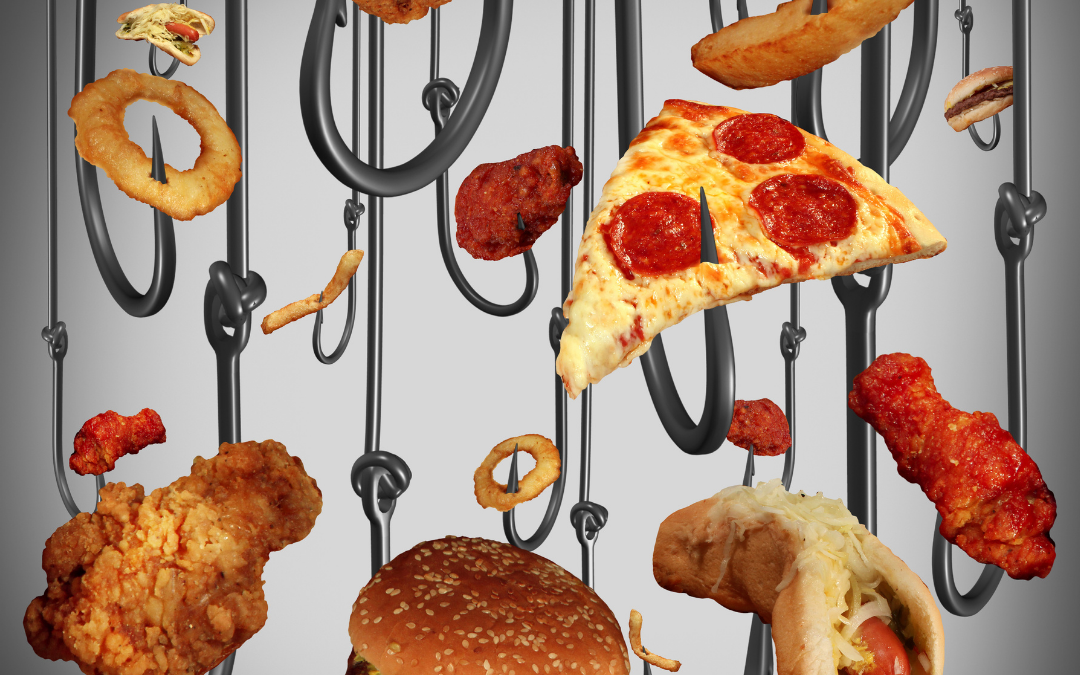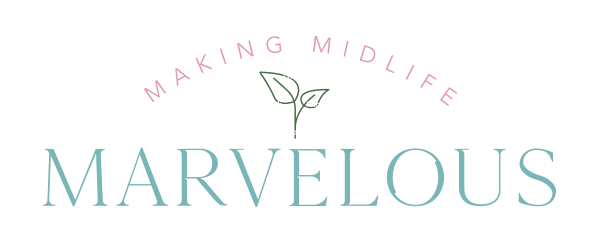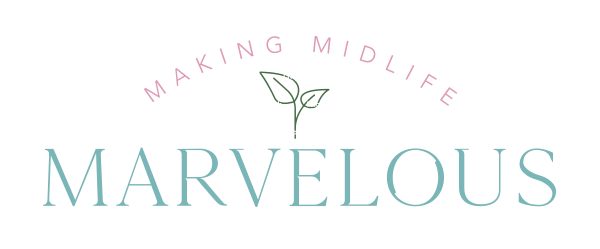
What’s Really Eating You? 3 Ways to Stop the Cycle of Emotional Eating
So you want to lose weight and are determined to eat right but then something happens without warning. One cookie becomes two, two become four and before you know it, you have eaten them all! Why after days of eating well and exercising can a simple cookie have such power?
Emotional eating is the likely cause. Emotional or stress eating is real and its pattern of sabotage can destroy a whole day of good intentions in a matter of minutes. If left unchallenged, emotional eating, and the feels that support it, will win every time. Getting to the root of your emotions and breaking free from old habits is necessary if you really want to lose weight.
Emotional eating is loosely defined as a strong urge to eat when you are not hungry.
It is difficult to stop and you feel out of control. Creamy, crunchy, salty or sweet, “comfort food” makes you feel better. Late afternoons, when the kids have gone to bed or just a midnight snack, emotional eating has many different “faces” but the results are the same….eating an unreasonable amount of something that is not in your best interest.
Feelings of guilt and condemnation follow and so it goes as you vow to begin again tomorrow.
Yet, emotional eating is an intense cycle. When it begins, your food-of-choice does provide some degree of comfort by releasing dopamine – a “feel good” hormone – in your brain. Feeling bad? Eat something. Release some dopamine, feel some relief…
However, since the stress that started it all has likely not gone away, the relief you feel from the food is short lived, so the cycle begins again. Add some good ol’ fashioned guilt and an extra mean word or two to yourself, and you quickly compound the negative feels that started the cycle to begin with.
Emotional eating can also happen with more “positive” intentions. Using food to reward yourself is just as harmful. The “I deserve it” rationale still brings with it the same dopamine cycle that takes any real feelings of accomplishment off the table and refocuses your attention on food. The negative feelings that follow more than circumvent a “positive reward”.
You can do a lot to break an emotional eating cycle, and it doesn’t take long to see results. Not surprisingly, getting to the root of what you are feeling is the key to breaking this self-defeating cycle.
1 – Identify your triggers
Looks at any physical triggers that can cause your eating to get out of control.
- Are you tired when you have a strong urge to eat?
- Have you been or are you anticipating a stressful family event, meeting or social obligation?
- What types of foods create that “I’ve got to eat it” feeling?
- What time of day do you feel the most drawn to these foods?
This knowledge gives you the freedom to make different decisions based on your answers.
- What can you cut out of your day to get more rest? Maybe it is just sleep that you need for additional emotional support?
- Write down the things that are really causing you stress – family, work, finances. Sometimes “seeing” the stress on paper can give you just enough perspective that obvious solutions are apparent.
- Clean out the trigger foods from your house and don’t bring them back! A simple idea, but it works!
- Rearrange your schedule to reduce eating opportunities during vulnerable times.
- Take a walk or call a friend. Most dangerous eating urges will go away in 10-15 minutes if you can recognize when they are about to occur.
2 – Think about what you are thinking about
In order to absolutely break emotional eating cycles, you also need to seriously begin to think about what you are thinking about.
Did you know most of us have one new thought every second? While it would be overwhelming to stop and consider each one, when it comes to emotional eating, if you do not take the time to evaluate the thoughts that are causing your urge to eat, you will be doomed to repeat the cycle subconsciously.
- Is the stress and fatigue in your life causing you to have overly negative – almost catastrophic thoughts with every life event?
- Does your busy schedule with normal life events cause thoughts like, “This was the worst day of my life!”?
- Maybe you have even caught yourself often saying, “I’m so stressed out…”? While that may feel like the truth, your body only knows what you are telling it, so it will be “so stressed out” and leave you longing for comfort.
- Try instead to reframe your negative thinking. While a busy schedule is stressful, begin saying things like, “I’m so thankful for getting so much done today and happy that I was able to get out and enjoy the day.” Even a small amount of gratitude can melt away your negative stream of unconscious thoughts from which the “I need to eat!” cycle begins.
3 – Make a plan!
Finally, once you have done the investigative work into your triggers and your thoughts, make a plan! Here are some ideas to get you started:
- Build some space into your day to simply BREATH! It is amazing what 3 or 4 deep breathes can do to defuse the urgent need to eat. Breathing gives you space between your thought to eat and the action of eating that follows.
- Use the space you create, no matter how brief, to give yourself an opportunity to turn a negative thought into something more positive. Be thankful for something! There are thousands of people who would trade places with you.
- Be honest with what is really bothering you? Write it down or seek help if you need extra support. Keeping it veiled behind a bag of chips will only keep you stuck in the emotional eating cycle.
- Determine to think something new on purpose. Instead of “I’m so stressed out” choose to say “Everything is going to be okay” or “I am safe” or “This too shall pass”. Remember, your brain believes what you tell it! You will be amazed at how much more calm you will feel if you think a new affirmation on purpose even if you don’t believe it at first.
- Take a walk, get out of the house, do something physical – even if it is on a treadmill! Exercise produces endorphins which produce positive feelings in your brain! Trade these natural hormones for the chocolate-induced ones and you will get an extra boost towards your weight loss goals, some extra exercise AND not eating for comfort.
When you can anticipate the causes of your emotional eating, you can choose differently.
While emotional eating is real, you do not have to be its victim.
You are worth the time it takes to figure out your triggers and any old thought patterns that cause you to binge. While an emotional “pig out” session may still occur, their frequency will decrease with time and some effort.
If you are willing to learn something about yourself along the way, you will be able to take back your power from that cookie!





